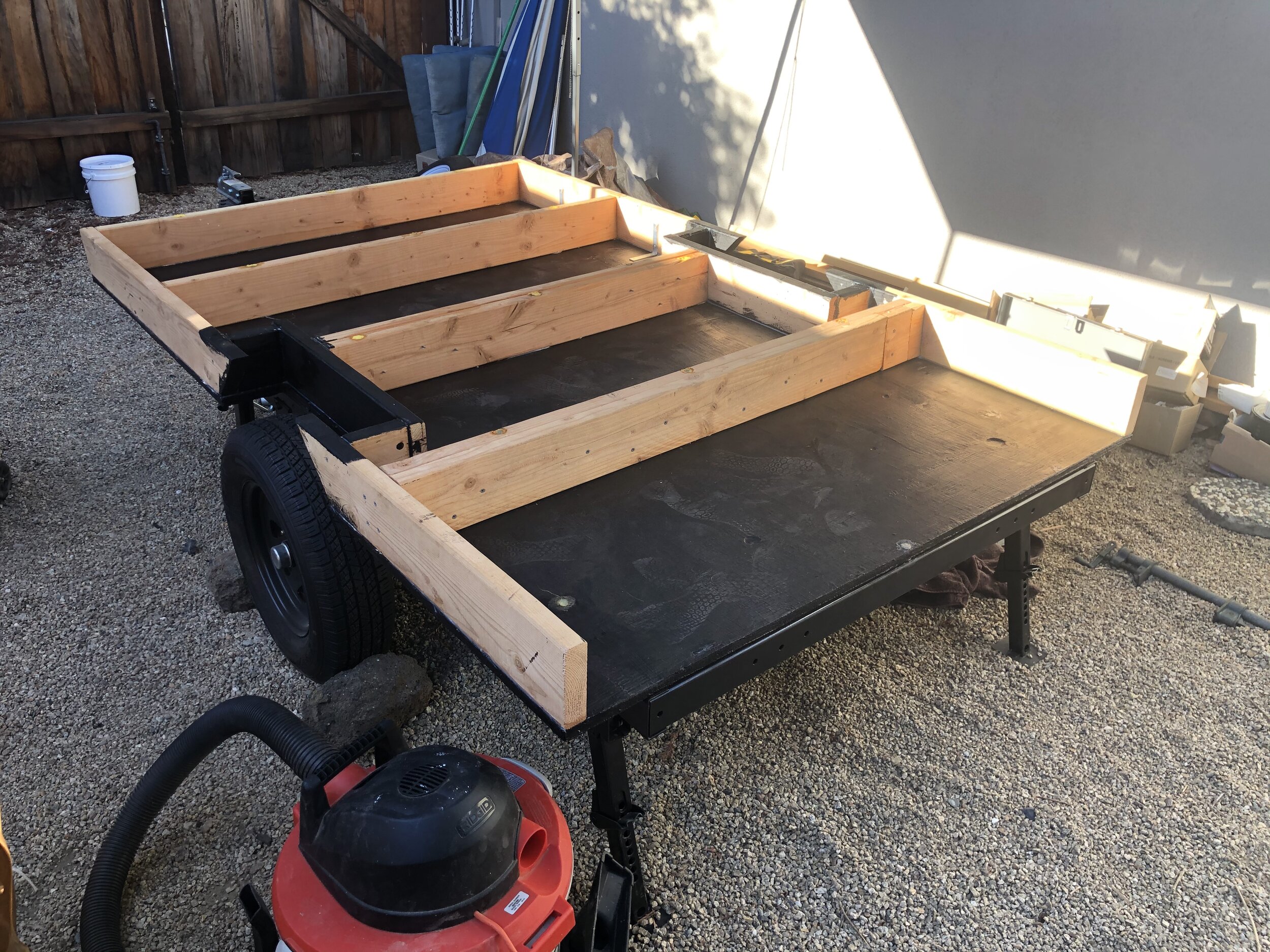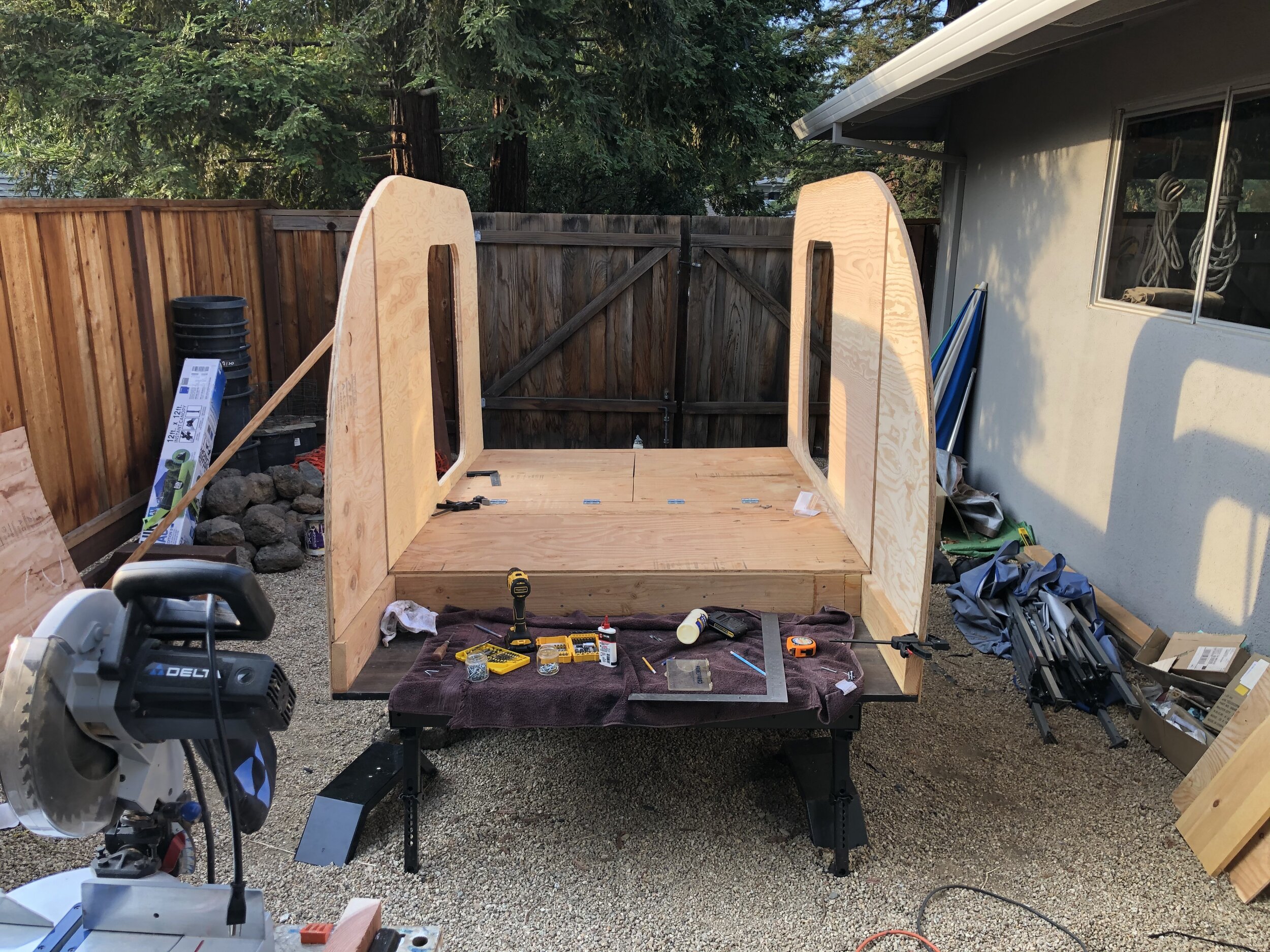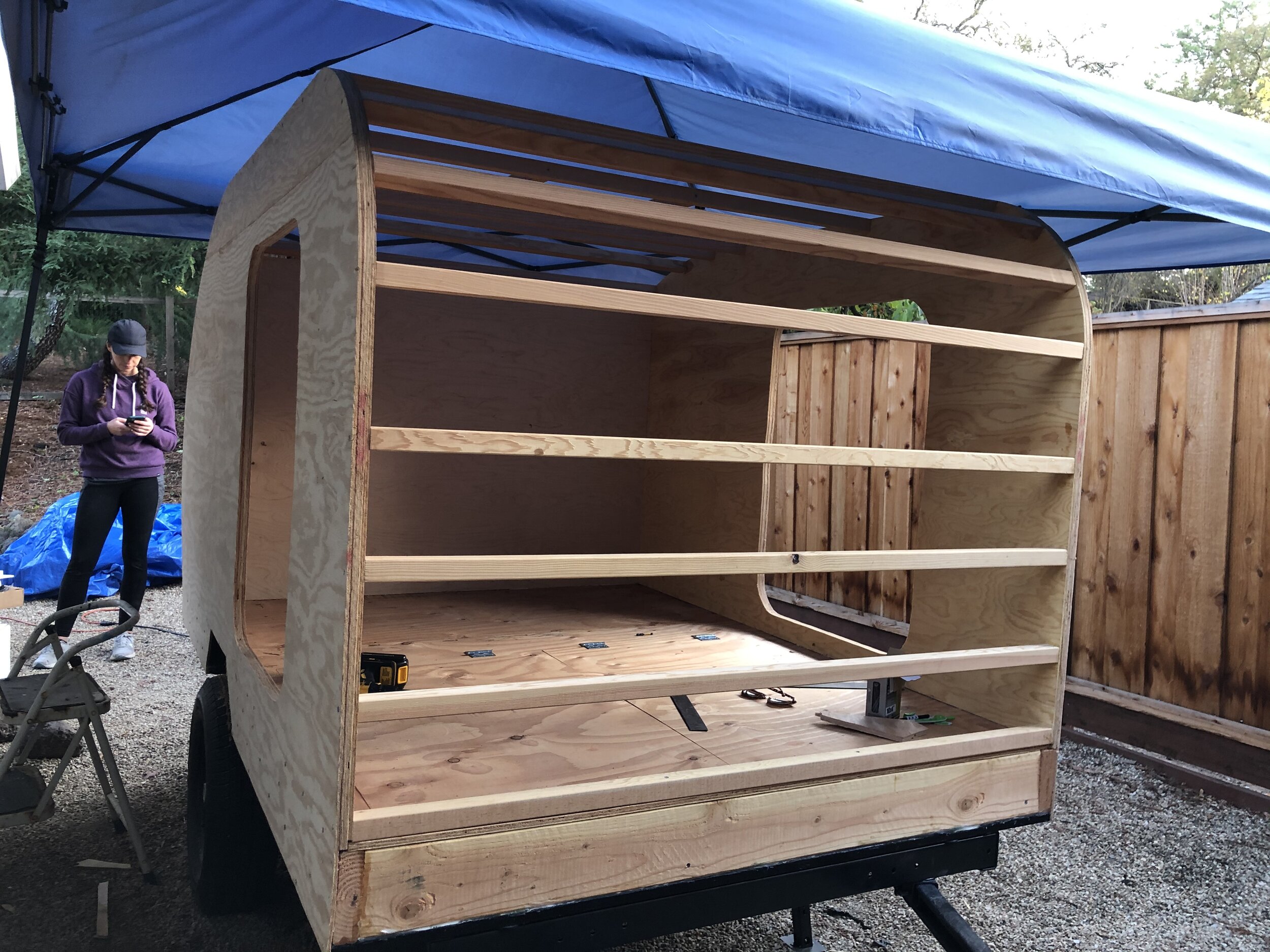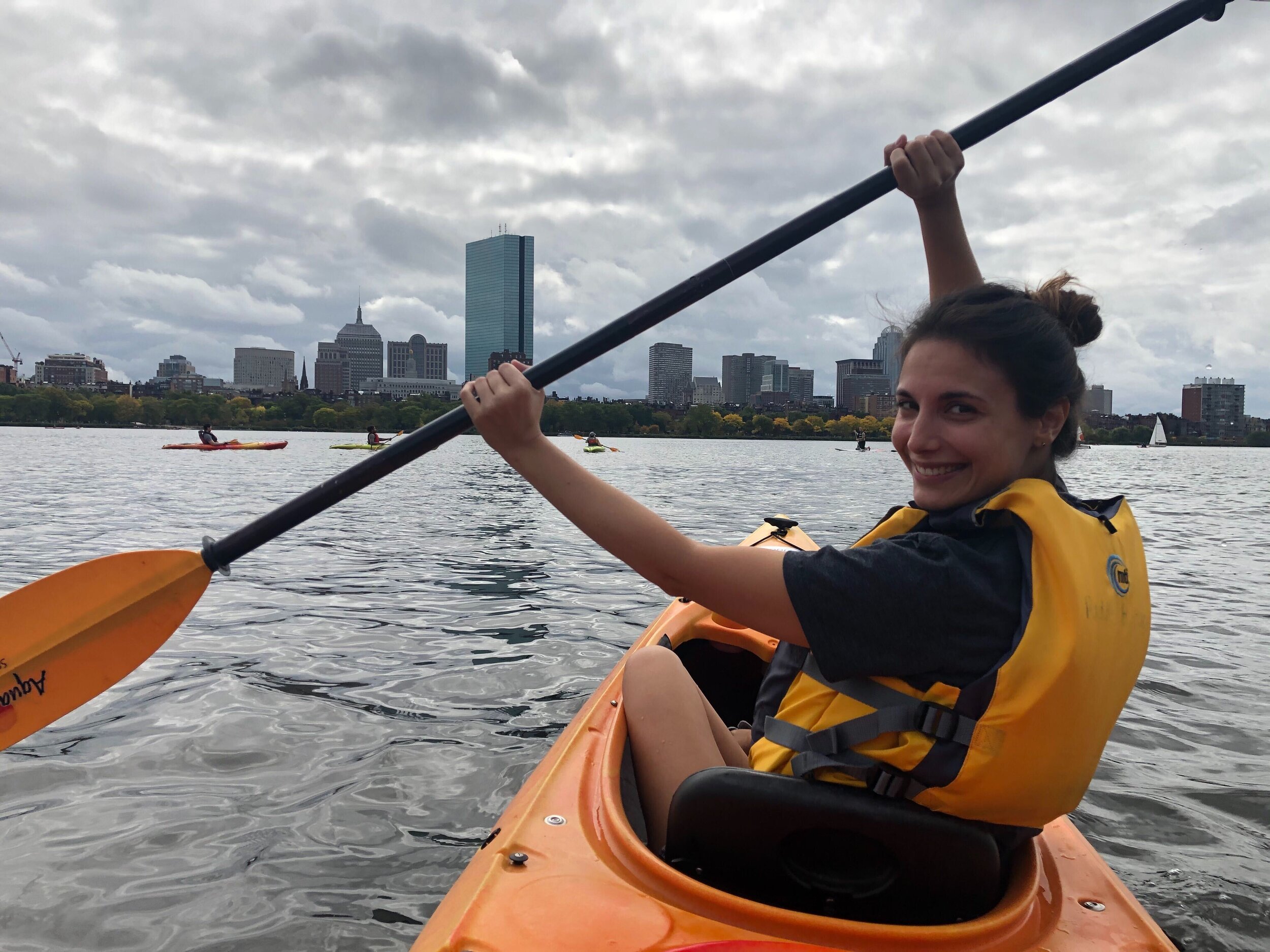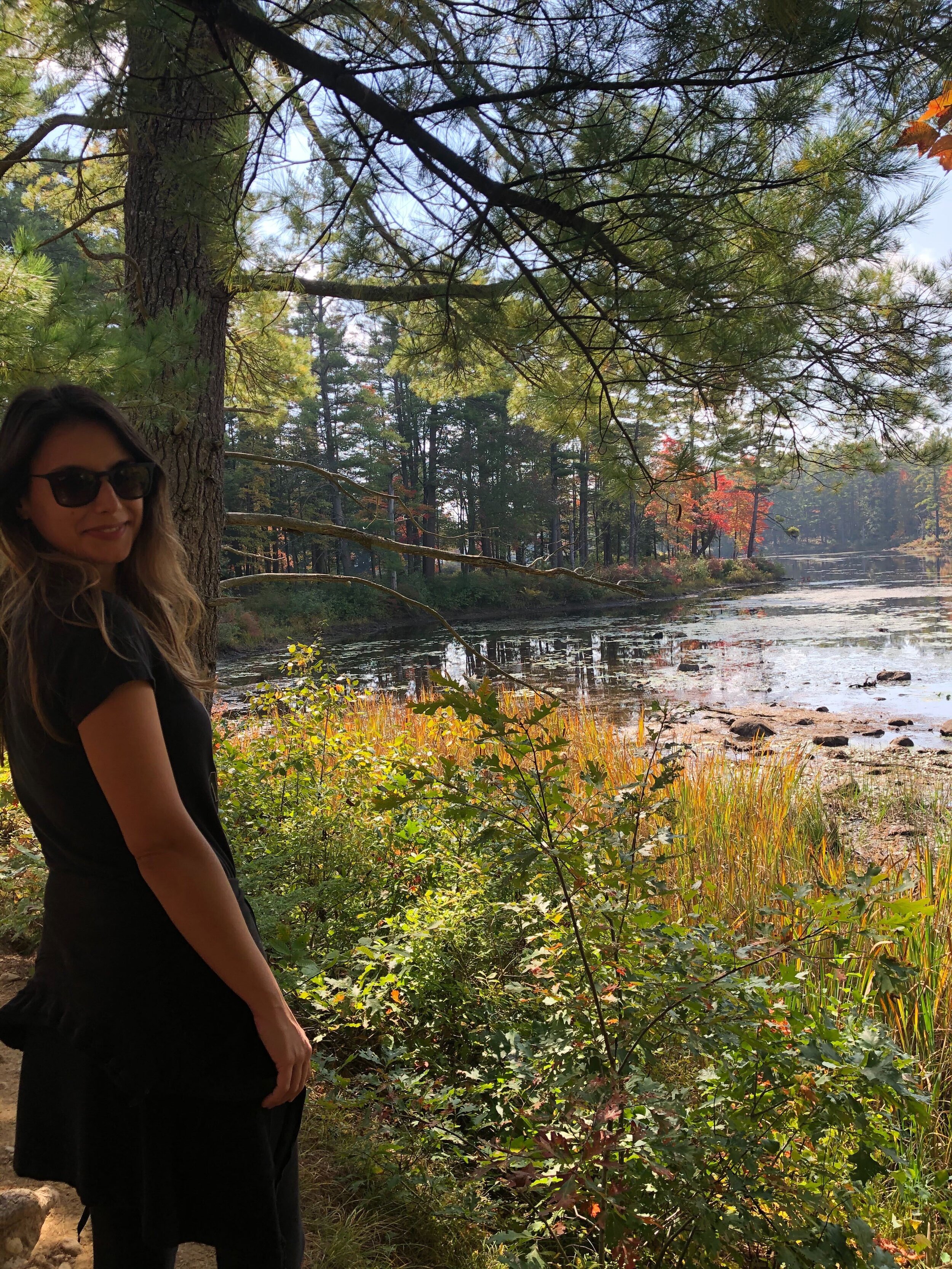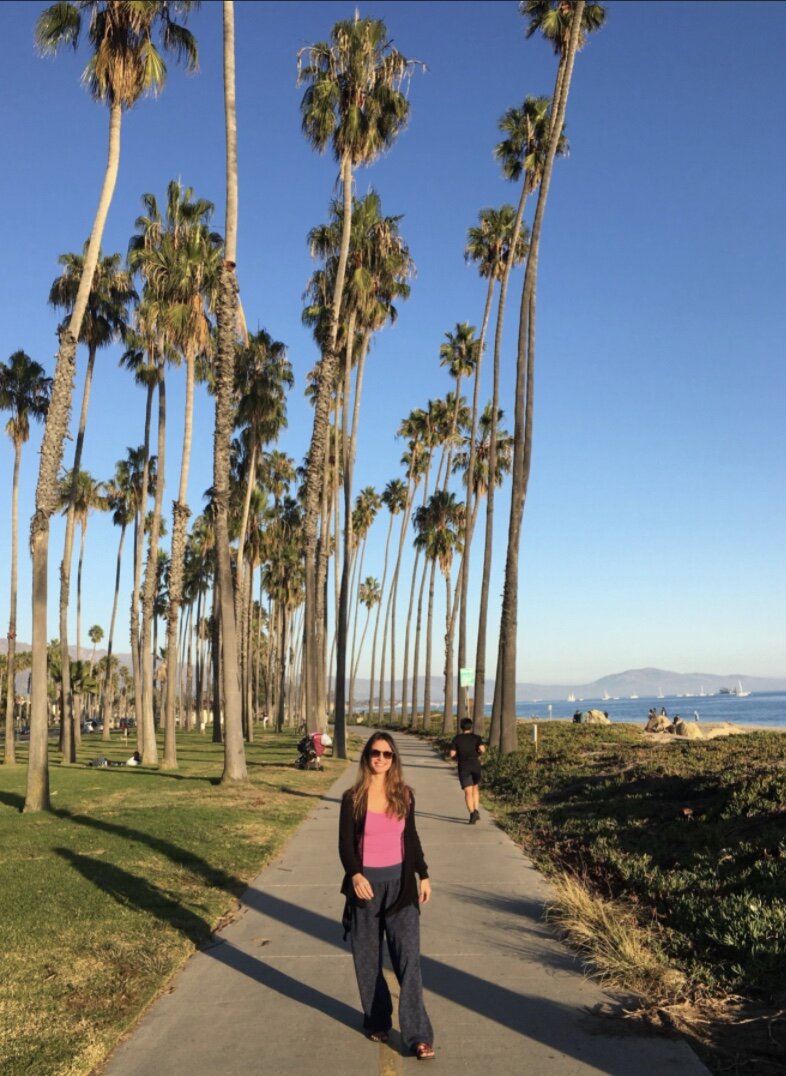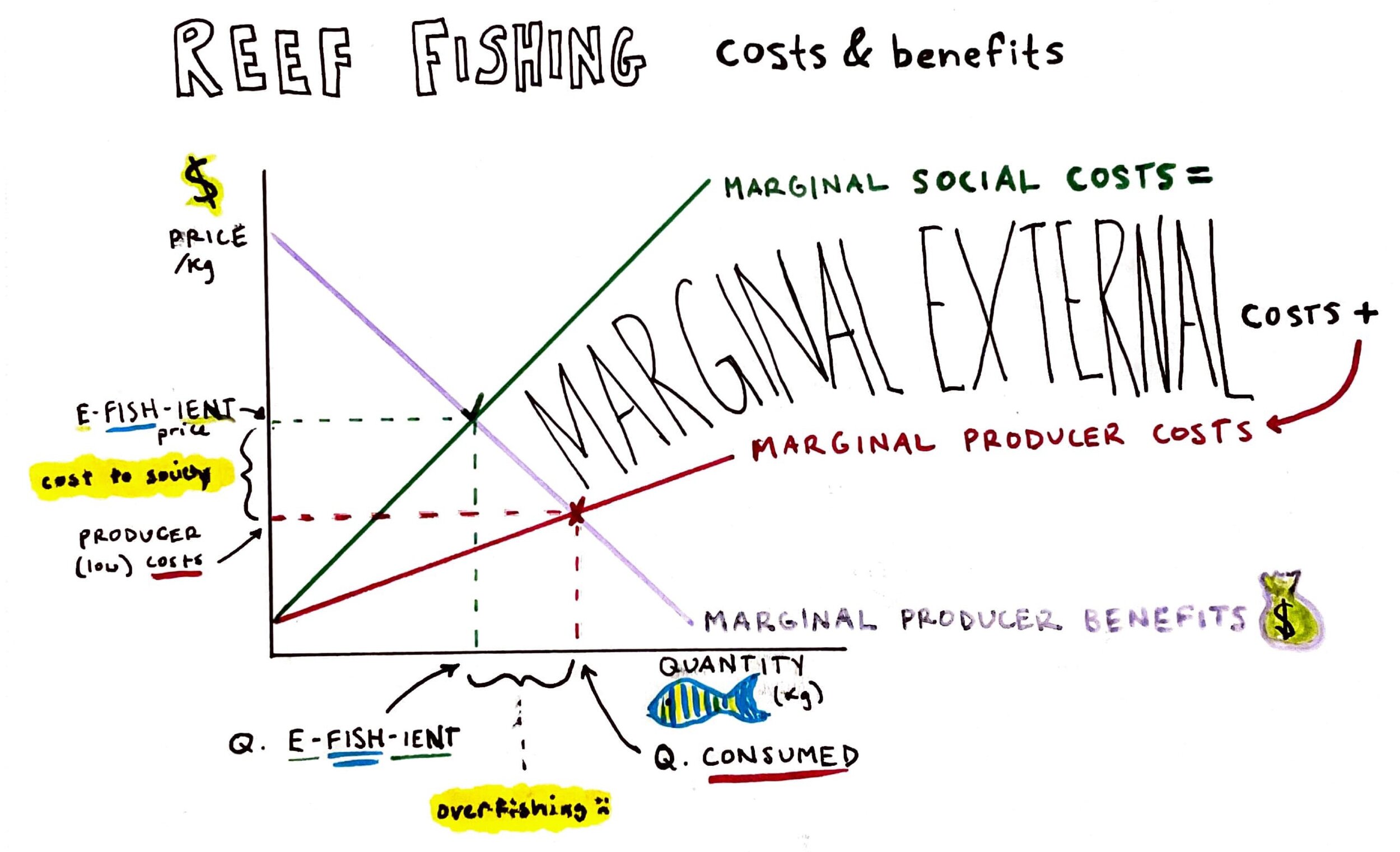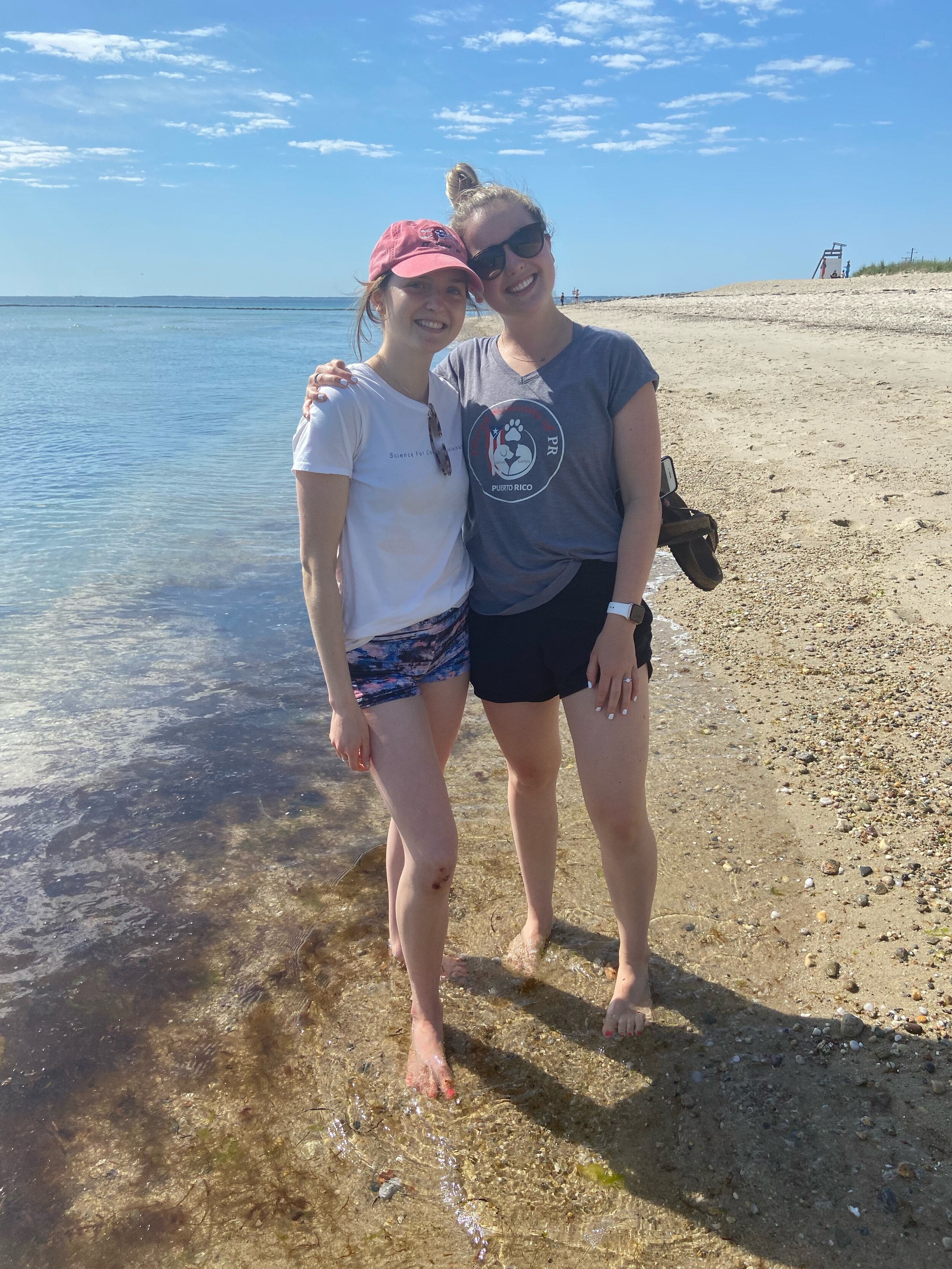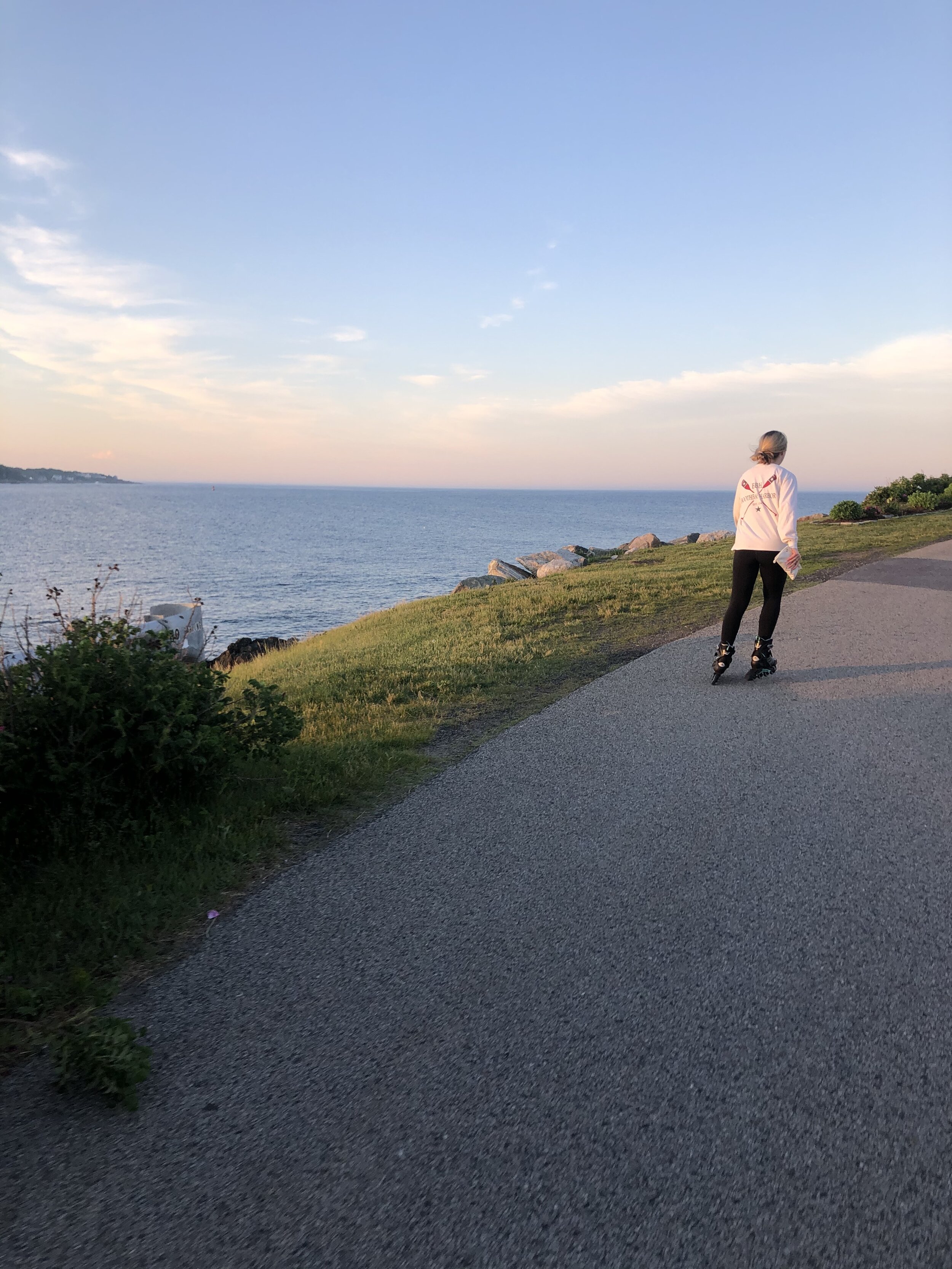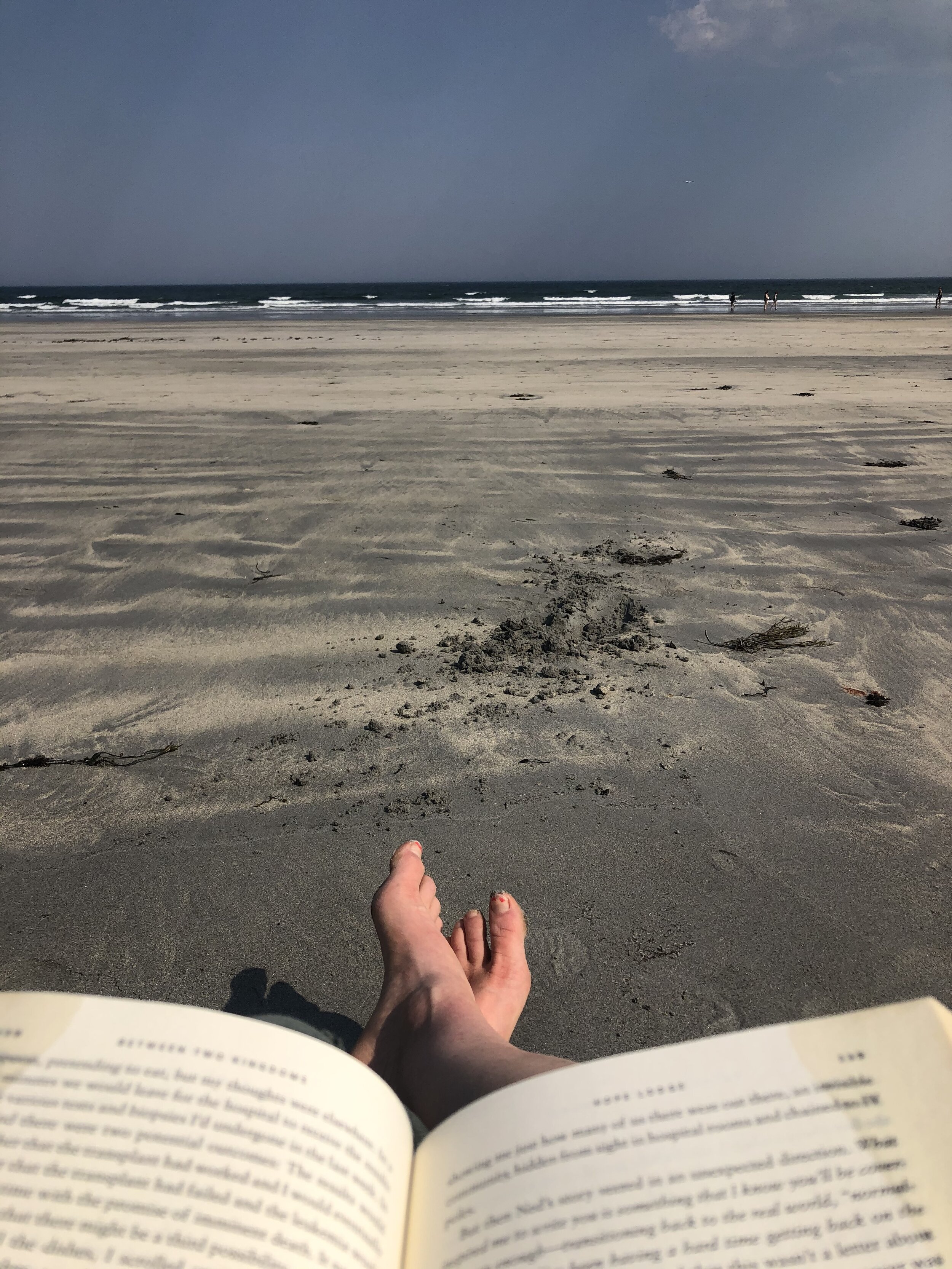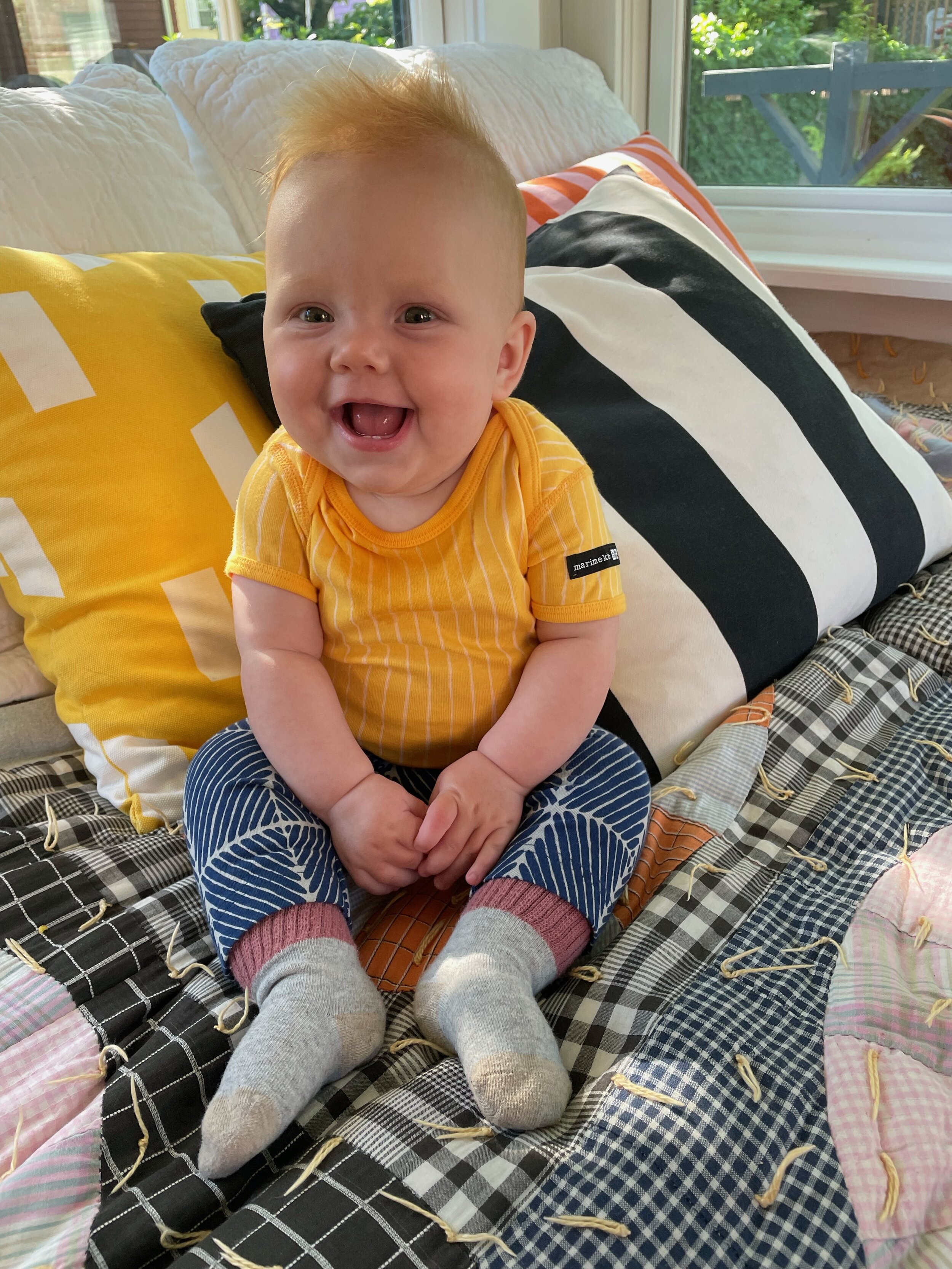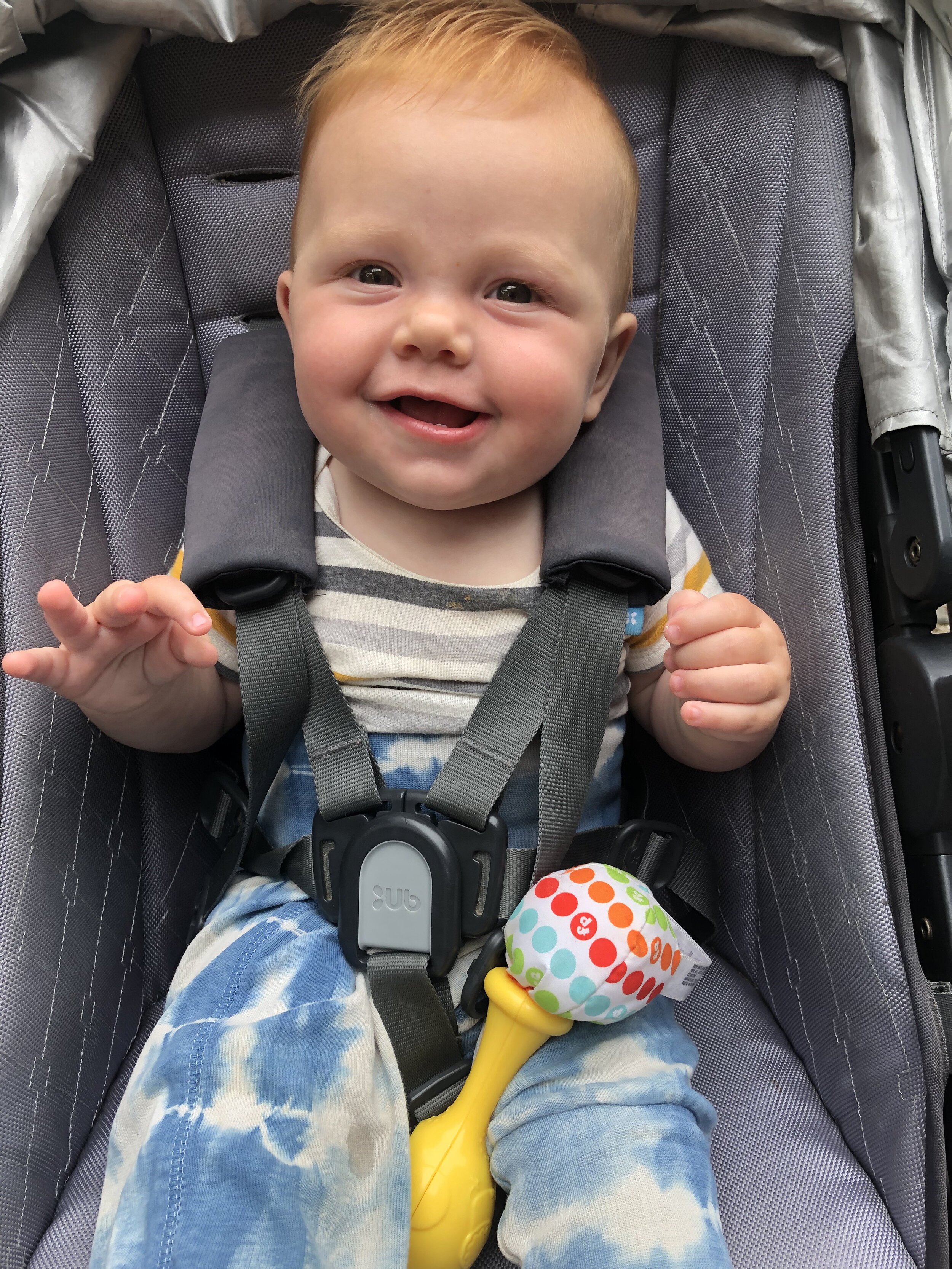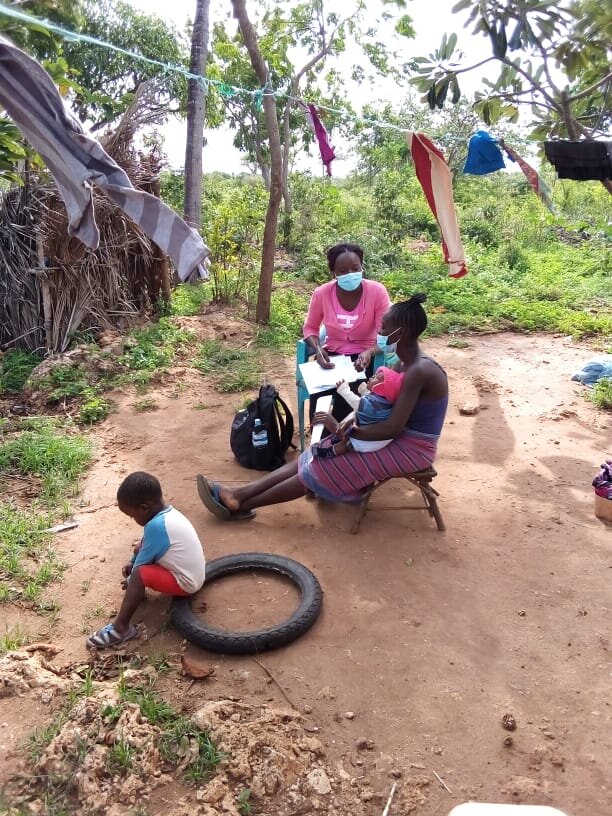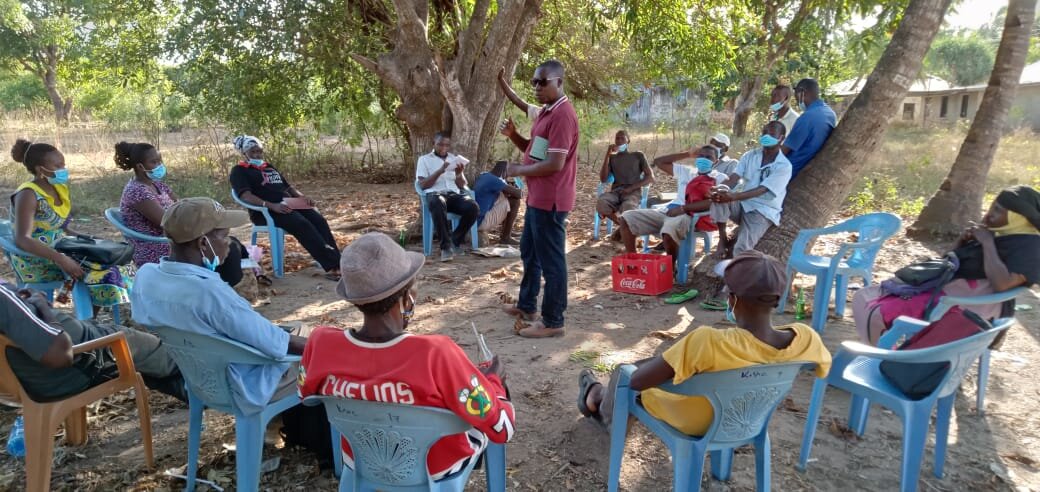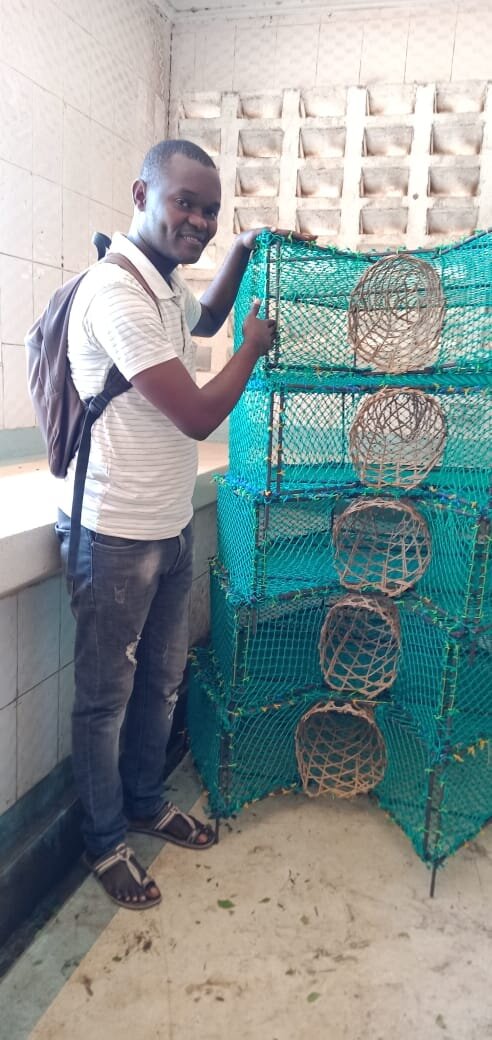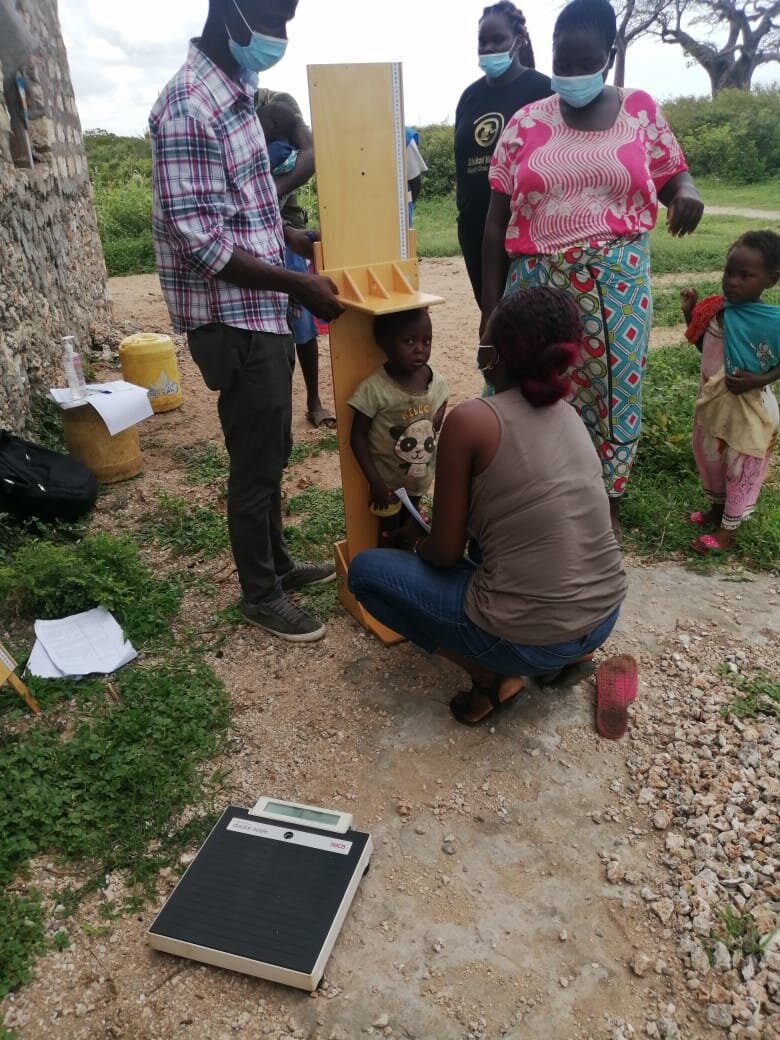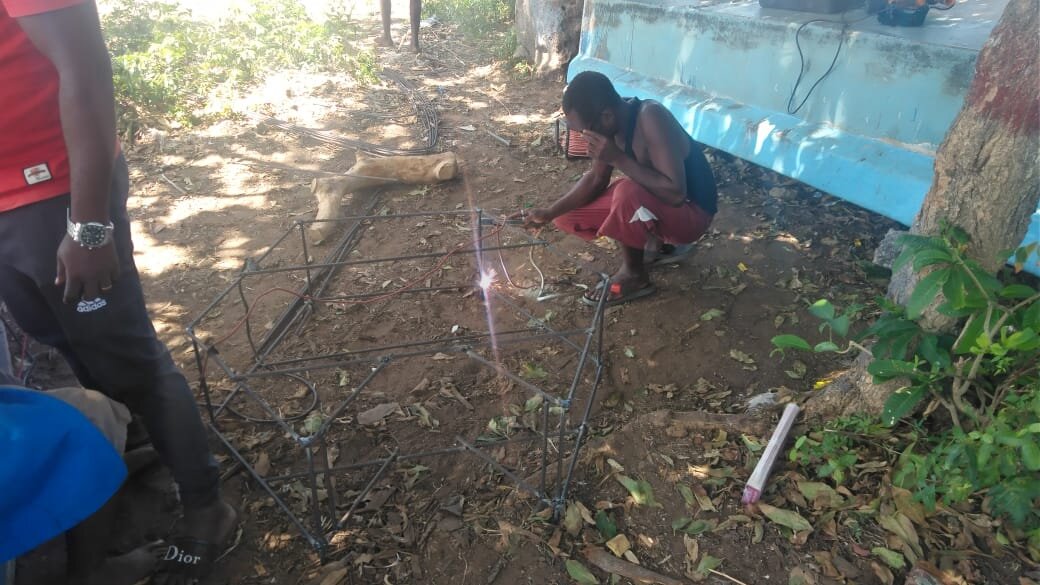It’s been a quite the year with a lot of research milestones, life changes, and transitions in (and out of) our little sustainable fisheries collaborative! We will be missing Elle Wibisono and Paul Carvalho dearly as they fledge with PhD in hand to bright careers! In the midst of fighting a global pandemic, we may have forgone our media duties (we miss you, Lauren!), so there’s quite a bit to catch up on:
Firstly, some transitions: Annie Innes-Gold graduated in December 2020 after defending her thesis titled “How modified trophic interactions create socio-ecological tradeoffs: a case study of Narragansett Bay fisheries”. She had two manuscripts published from here thesis, one in Marine Ecology Progress Series and one in Ecology and Society. She moved to Honolulu to begin her PhD at the University of Hawai’i at Manoa, where she is working in Dr. Elizabeth Madin’s lab at the Hawai’i Institute of Marine Biology. Her current research involves building artificial reefs in Kaneohe Bay to study how herbivorous fish grazing patterns vary as temperature and nutrient levels change. She’s been enjoying diving in tropical waters again, and has been spending her free time learning to surf!
Annie has already adapted to her new environment.
We miss you, Annie!
Elle Wibisono also graduated in December 2020 after successfully defending her thesis: “Characteristics and Potential Management of an Indonesian Deep-slope Demersal Fishery.” One manuscript from her dissertation is already published in Conservation Science and Practice, and the others are submitted! In February, she started her current job as a Knauss Marine Policy Fellow at the U.S. Senate Commerce, Science, and Transportation Committee; Oceans, Fisheries, Climate Change, and Manufacturing Subcommittee.
As the 'subject matter expert’ for her office, she works mainly in salmon fisheries (and claims she had to Google what riparian habitats and anadromous fish are, on day one). In addition to the subject matter, she says that the biggest changes from being a PhD student were the pace of work and level of responsibility. “A lot of the work that Team Oceans does is very fast-paced (e.g., writing one-page vote recommendations on bill amendments), time-sensitive (e.g., the amendment is being debated right now), and highly visible (the quality of work concerns the Senator's reputation and the future of American fisheries).”
Elle’s dissertation defense over Zoom.
Her work has consisted so far of drafting letters on behalf of the Senator, drafting bill reports—which are reports on specific bills that went through the markup process—, and writing memos for the Chair of the committee (Sen. Maria Cantwell, D- WA). She has taken meetings with her team with countless different groups (e.g., NGOs, other Congressional offices, lobbyists, etc.) and was honored to virtually meet with Dr. Spinrad ahead of his confirmation hearing as the next NOAA administrator. She says it has been a highly energizing and collaborative environment (rich with GIFs and memes), and a humbling, enriching, and fun experience so far.
It seems like ages ago at this point, but Paul successfully defended his dissertation last summer entitled, “Potential value of gear-based management for coral reef fisheries and conservation.” One of his chapters is already published in Ecological Applications, and the other two are in various stages of peer-review. After finishing his dissertation, Paul headed back to his home state of CA and got a job with NOAA’s National Marine Fisheries Service and U.C. Santa Cruz where he is constructing ecosystem models for Pacific salmon. Paul also just finished building himself a teardrop camping trailer!
Lauren and Paul after a dive in Narragansett Bay counting kelp and fish
Some of the best/worst news to report is that Lauren left the lab — in person but not spirit! Her legacy is imprinted in the history books of the lab as the first graduate student as well as the most talented all-around research associate / lab manager / vibe coordinator. Lauren was a part of the lab for 5 years. I think we need a whole post of appreciation for all the work she did, much of which was behind the scenes across all aspects of our research group. We miss her everyday! She is now a research associate at URI’s Coastal Resources Center.
Lauren and Austin celebrating her MS thesis defense in 2017
We had a fun lab alumni Zoom call around the December holiday season — it was so great to see everyone’s face and hear about all the happenings!
In yet another transition, Donna finally made it to the US (from Greece) last August, excited to meet everybody in person and work on the Indonesian deep demersal fisheries (only to have the work-from-home order extended through the fall)! With the WFH situation, she have been analyzing snapper-grouper fisheries-dependent data and running stock assessment models from Woodward Hall room 19 at URI, but also from her mobile office in Boston, Los Angeles, New York, Miami, and this summer from Thessaloniki, Greece. So far, she has contributed a manuscript on length-based Bayesian assessments of Indonesian fishes and has just submitted another manuscript on the signature of ocean warming in fisheries catches of Indonesia, Japan, and Australia. She has also initiated a collaboration connecting the Humphries Lab with FishBase to become the U.S.A. representative in the FishBase Consortium. Donna is also getting training on how to contribute data collected by the lab to FishBase, and in particular, diet data from a wide variety of fishes as well as life-history variables. Looking forward to more in-person meetings, collaborations, and work travels soon.
Rachel also finally made it to Rhode Island in January, to complete her first snowy semester at URI. So far, she has supported the upstart of the Samaki Salama project and gotten well acquainted with the world of REDCap data collection, Kenyan Beach Management Units, and cross-continent (and time-zone) collaboration. She has enjoyed her marine affairs courses so far, and in addition to being a teaching assistant in the spring, has had the chance to get involved as a facilitator for the Diversity and Inclusion Badge Program. Rachel plans to travel to Kenya to pilot her concept definitions for her research and support data collection with the local team in August.
Rachel survived her first snowy winter AND environmental economics class!
Elaine has been holding down the fort in her home office, coding her first chapter examining the differences between visual-based dive surveys and environmental DNA samples. You can read more about her journey through research in this URI Today article published earlier this year. She also passed her comprehensive exams in November over Zoom and was promoted to PhD candidate status (woo!). In addition, Elaine finished up a year of serving as the graduate assistant for Seeds of Success, an undergraduate-led organization for underrepresented students in the College of Environment and Life Sciences. This year at the nomination-based Diversity and Inclusive Excellence awards, Seeds of Success won the Student Organization award and Elaine won the Graduate Student Excellence award! Now, she is continuing her service as a planning committee member of this year’s InclusiveSciComm conference. She is looking forward to scuba diving around Rhode Island this summer and grilling in her backyard.
Elaine received the Graduate Student Excellence award this spring for her work with Seeds of Success and VOICES. We are so proud of you, Elaine!
Ivy has been doing it all on the Kenya food security project: project administration, intellectual leadership for qualitative data collection and gender issues, communication with the field teams, publication of papers from the formative SecureFish project, etc. She remains at home in St. Louis also awaiting travel approvals for getting to the field in Kenya. Fingers crossed we can be back there soon!
Nicky is spending most of her time in thesis prep- writing, editing, and practicing her defense presentation for July 23rd! She was not able to return to her field site in Indonesia on the small island of Bontosua due to COVID restrictions, however, she has been busy analyzing previously collected data. Her thesis is entitled, “From catch to composition: food security dynamics in an Indonesian fishing community.” To keep her stress levels low, she’s been rollerblading and spending time at the beach with family near her home in Maine. Alums and current members of the Humphries Lab have all of their support behind her!
Nicky hard at work in August 2019 at the beginning of her graduate studies organizing the stratified random sampling experimental design on Bontosua island in Indonesia.
Austin has been busy and my-oh-my have things changed for him — his daughter came Earthside on the first of December! Rita is growing fast and learning about dogs and all the other things. Austin did not teach in the spring semester and was able to be a stay-at-home dad. On the scholarly front, Austin has a few new collaborations started. One is with The Nature Conservancy to apply FishPath, a decision-support tool for data-limited fisheries, to develop management plans for coral reef fisheries across the Hawaiian archipelago. Another is a US Agency for International Development project with URI’s Coastal Resources Center and the University of South Pacific to work on data-limited fisheries assessment and community-based management of coral reef fisheries in the Pacific Islands region. Ongoing projects in Kenya have been moving forward despite COVID restrictions on travel — the field team has been doing an incredible job at implementing the project. See below for a few pictures.
We hope that everyone has stayed safe and sane over the last year! Get vaccinated, enjoy your summer, and wishing you well,
The Humphries Lab




